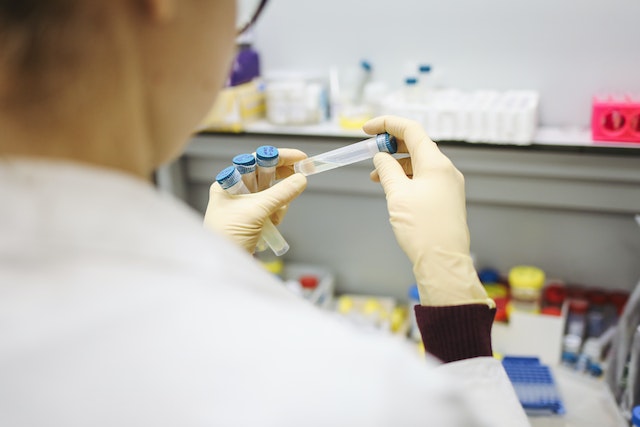
Getting a Covid test when at risk of exposure helps you contribute to your nation’s efforts to contain the COVID-19 outbreak, and that much is certain. You can also exercise sound public health habits, such as donning a mask, washing your hands, keeping a physical distance, and avoiding significant indoor gatherings, to lessen the risk of contracting the virus.
What is Covid-19?
A novel coronavirus known as SARS-CoV-2 started infecting patients at the end of 2019 and causing flu-like symptoms. The condition it produces is known as coronavirus. Since it is highly contagious, many people around the world were affected. Everyone above the age of six months can get the safe and reliable COVID-19 vaccine and a booster injection. These should be distributed as soon as possible to everyone who qualifies.
Symptoms of Covid-19
Having many or all the following symptoms could be a reason to worry.
- Cold or fever
- A dry cough and breathing difficulties.
- Very weary Aches and pains in the body
- Headache
- A decline in scent or taste
- Unwell throat
- Runny or congested nose
- Nausea or diarrhea
- Diarrhea
These signs and symptoms might appear two to fourteen days after encountering the virus.
Obtain a COVID-19 test if:
- You displayed signs of the virus.
- You were near someone who has COVID-19 (take a test at least five days after you last saw the individual)
- Your employer, school, healthcare facility, state, the local, tribal, or territorial health department has requested that you undergo testing (regardless of your vaccination status)
Depending on where you’re from, covid tests are readily available. You can easily search covid testing in San Antonio if that’s where you’re from.
Reasons to Get a Covid Test
- Testing Saves Lives
It’s also crucial to test those who have come into touch with those who have a known virus. Even if your test is negative, you may be at risk to others. Therefore, even if your test is negative, you still need to keep yourself and others safe by often washing your hands, keeping a safe distance, and donning a face mask. A positive test indicates that you must isolate yourself and get tested, along with everybody else you have come into touch with since the exposure.
- Testing is Quick and Easy
An individual who tests positive for SARS-CoV-2 is informed that they are infected. They can take action to reduce the infection’s transmission and receive treatment more quickly. Due to this, it is crucial to receive the test results as soon as possible, ideally within a few hours. Lab supplies and capacity have increased, and results are being returned on average in 3 to 4 days. Point-of-care diagnostics with results in under 15 minutes will be available!
- Safety in Travel
Check the criteria of the target nation before flying overseas; even if you have the required vaccinations, you’ll likely need to present a negative test result. Regardless of immunization status or citizenship, you must submit a negative test result or documentation of a recent Covid-19 recovery to board a flight into the US. The CDC advises anyone who still needs to receive the necessary Covid-19 vaccinations (including boosters) to get tested before departing, even if they are only traveling inside the US.
- Safety For Someone Vulnerable
Even if you are symptom-free, you should still get tested before visiting somebody who is particularly at risk if you have been leading a somewhat everyday life, especially without wearing a mask or taking other safety measures.
- People at high risk for a breakthrough infection include:
- Organ transplant recipients
- Those who are actively receiving cancer treatment
- Who has blood cancer
- Those who have immune conditions
- Taking medications that suppress the immune system
- The elderly and incredibly frail
- Anyone with multiple underlying severe conditions, even if they have received vaccinations.
If you utilize a fast test, test again at intervals of 24 hours if you are experiencing any symptoms or believe you may have been exposed and cannot postpone your appointment.
- Immunity in the Future
In the case of a pandemic, often what happens is that multiple variants of the same virus are born. Usually, they are much stronger than the first one. Or much more contagious. To have your body ready for the future, it is important to keep getting tested for your immunity levels against the virus.
Conclusion
Whether or not a person has symptoms, testing can help them determine if they have SARS-CoV-2 and whether they can expose someone else to it. Even if you don’t have symptoms, the only way to bring us back to work and school safely will be to take action to stop the disease from spreading and play your part.

